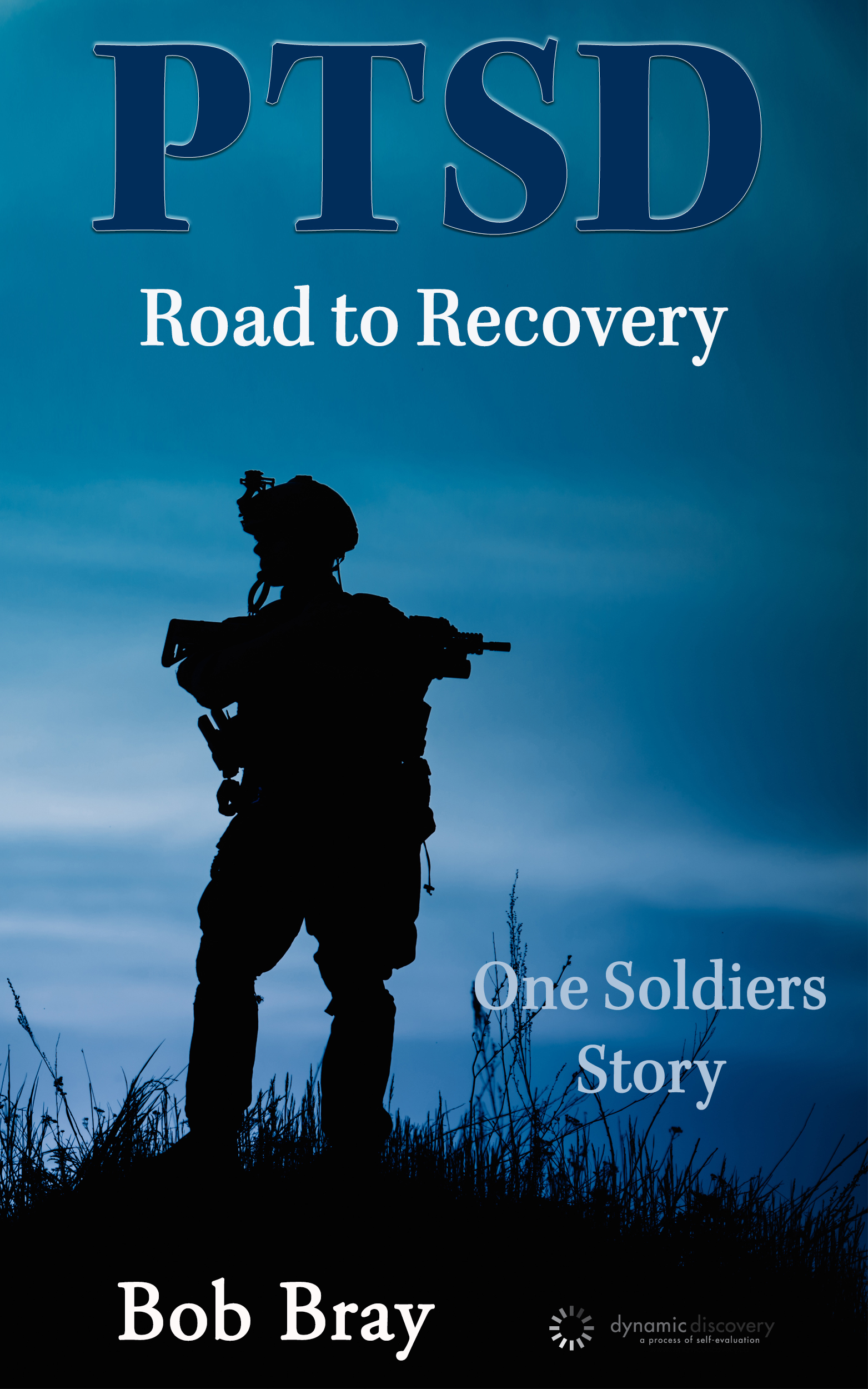
<h2>PTSD: Road to Recovery - One Soldier's Story</h2><br /><b>Most books on PTSD are dry, clinical, and impersonal - no matter how sympathetic they are to the sufferers. Not so with this challenging book!</b><br /><br />Author Bob Bray has walked an exhausting pathway, dealing with Post Traumatic Stress Disorder (PTSD) in his own life. Obviously, PTSD has been around for a long while. It has existed under names such as battle fatigue, shell shock, or the soldier's disease. Today, that notion has expanded beyond the battlefields where weapons are used to destroy enemies. Now it refers to the emotional trauma experienced when people are exposed to horrific situations beyond their ability to understand or explain to themselves. It comes with hurricanes, forest fires, floods, and terrorist attacks like the Boston bombing. This book is unique in that it describes more than the outward observations of physicians and researchers. It is a view from the inside of someone who has been overwhelmed, survived, and now has begun to thrive after PTSD. The author is a compelling writer pouring out the inner struggles and outward consequences that come from those who have lived through the horrors of warfare. To them, all too frequently, they come home but the battle isn't over.<br /><br /><h2>In <u>PTSD: Road to Recovery</u> you will learn:</h2><ul><li>The signs and symptoms of PTSD - temporary and long-lasting</li><li>The association between Attention Deficient Disorder and PTSD</li><li>The developmental factors from childhood forward that increase the impact of PTSD</li><li>The deadly connection between PTSD and alcoholism, drug abuse, or other addictive behavior</li><li>Some of the treatment methodologies used with PTSD - both as information and from the patient's point of view</li><li>How PTSD causes misinterpretation of new stressful situations</li><li>How Neuro Linguistic Programming can help treat PTSD </li><li>Description of a typical program of recovery for someone suffering PTSD</li></ul>Author Bob Bray shows remarkable transparency in his record of a painful journey toward recovery from PTSD - including significant self-discovery in the process. His writing is easy to read and understand. <b>It points toward a more hopeful future for others who are still seeking solutions for their own struggles with this condition.<b>
<h2>Take action now. Scroll up and click the <font>BUY</font> button at the top of this page. </h2></b></b>
| Language | Status |
|---|---|
|
Italian
|
Already translated.
Translated by Gabe Andrei
|
|
Portuguese
|
Already translated.
Translated by Jander de Oliveira
|
|
Spanish
|
Already translated.
Translated by Dr. José Pedro Galindo Macías
|